Some people love to talk on the phone. Other people hate it (especially when they think a simple text would have been sufficient). And a third group likely has no strong opinion one way or the other.
No matter your personal position in that debate, you might consider a specific suggestion we read about recently in The New York Times. In a piece titled “The Secret Power of the 8-Minute Phone Call,” writer Jancee Dunn makes a compelling case for the value of reaching out to schedule a call with a friend.
But she strongly suggests that you don’t try to set up an unstructured, rambling conversation. Who has time for that? Instead, promise your friend a conversation with a hard out at the 8-minute mark. They might find that suggestion a little bit odd; on the other hand, they will be hard pressed to argue they can’t set aside eight minutes to reconnect with you.
A Lot of Ground in a Little Time
It might seem like an 8-minute phone call is far too brief for you and your friend to talk about much of anything. But the time limit can help you both to be concise so that your conversation stays on track without wandering down various rabbit holes.
Here’s how Dunn describes her call with her friend:
In short order, we talked about our mothers’ health, made birthday plans, gossiped about a friend who abruptly quit his job and moved to a tiny Mexican town, traded book recommendations and explored the possibility of an afterlife (verdict: we’re not sure). Intently focused, we knocked out subject after subject, before Tina announced that our eight minutes were up — and besides, she had arrived at the dry cleaner’s.
The experience was unequivocally positive, Dunn reports:
I hung up, smiling and humming a little tune. I had missed her, and didn’t realize it until I heard her voice. I was also surprised by how much ground we covered without the call feeling rushed. Our connection was brief, but it was real.
The Importance of a Real Connection
For those struggling with a mental health disorder, making and sustaining real connections can be difficult. Sometimes, in fact, the disorder itself can make it seem devilishly difficult to reach out to someone else. But strong relationships support better mental health, so making an effort even when it is hard can be an excellent idea. And the 8-minute phone call offers the chance to experience the benefits of connecting in a specific period of time—which can make it easier for you to overcome your reluctance to pick up the phone.
The benefits can be substantial. Dunn reports:
A study of 240 adults in 2021 found that when participants received brief phone calls a few times a week, their levels of depression, loneliness and anxiety were “rapidly reduced” compared with people who didn’t receive a call. As Dr. [Bob] Waldinger writes in his book [The Good Life: Lessons From the World’s Longest Scientific Study of Happiness], “a few adjustments to our most treasured relationships can have real effects on how we feel, and on how we feel about our lives — a gold mine of vitality that we are not paying attention to.”
Is there someone in your life you’d like to catch up with? Reach out and schedule a short call. And then schedule another one. You’ll be strengthening your relationships—and your mental health as well.
This Idea is Part of a Series
“The Secret Power of the 8-Minute Phone Call” is the second entry in a series called “The 7-Day Happiness Challenge.” You can engage with all seven suggestions here.
A Phone Call to Us Can Be the First Step Toward Change
We have noted how difficult it can be for a person struggling with a mental health disorder to reach out to make connections with others. Overcoming that reluctance can be hard, but it can also lead to substantial positive changes.
When you call (or email) Johnstown Heights Behavioral Health in Colorado, you are setting yourself on a path toward improved mental health. We offer personalized treatment for a range of mental health disorders including (but not limited to) depression, anxiety, and disorders stemming from traumatic experiences. Our work is grounded in expertise, experience, and empathy—and our commitment is to your ongoing well-being.







